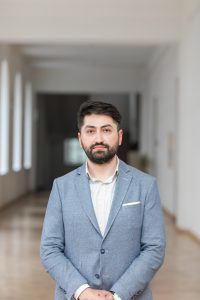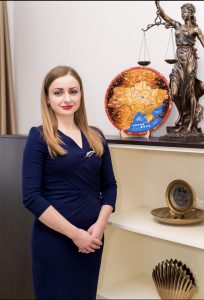Understanding EU and Russian Hegemony in Eastern Europe and the South Caucasus
When? March 11st, 15:15-17:00
Where? Niagara, NI:A0311 or online: https://mau-se.zoom.us/j/68505534320
What drives the European Union’s and Russia’s influence in Eastern Europe and the South Caucasus? How do their strategies compare, and what does this tell us about the broader regional dynamics that ultimately culminated in Russia’s full-scale invasion of Ukraine? The talk will present the main findings of the forthcoming book EU and Russian Hegemony in the ‘Shared Neighbourhood’: Between Coercion, Prescription, and Co-optation. It will explore how the EU and Russia exert power in their shared neighborhood, using the concept of hegemony to make sense of their competing approaches. By examining the mechanisms of coercion, prescription, and co-optation, this study provides a comparative analysis of how both actors have shaped the political and economic trajectories of Moldova and Armenia since the early 2000s. Bringing together insights from EU neighborhood policy, Russian foreign policy, and international relations scholarship, the book presents an innovative framework for understanding regional power struggles. By making EU and Russian strategies analytically comparable, it sheds light on how these interactions have evolved—and what they reveal about the ongoing shifts in regional order.
The book will be out open access in March: https://link.springer.com/book/9783031754876
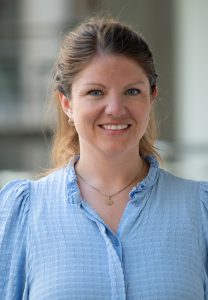
Dr. Isabell Burmester is currently a post-doctoral researcher at the Université Sorbonne Nouvelle, Paris.



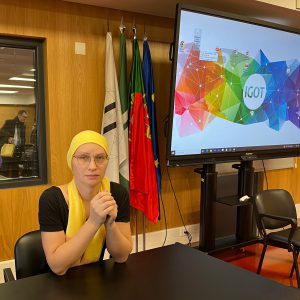
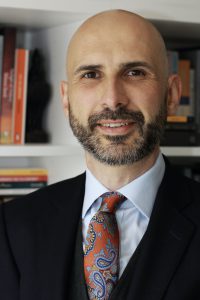 Branislav Radeljić is Professor of International Relations in the Department of Government and Society, United Arab Emirates University. In addition, he serves as Visiting Professor of European Politics at Nebrija University. His scholarly interests focus on European and Middle Eastern political and socioeconomic developments.
Branislav Radeljić is Professor of International Relations in the Department of Government and Society, United Arab Emirates University. In addition, he serves as Visiting Professor of European Politics at Nebrija University. His scholarly interests focus on European and Middle Eastern political and socioeconomic developments. 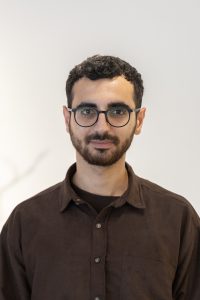 Bio
Bio
